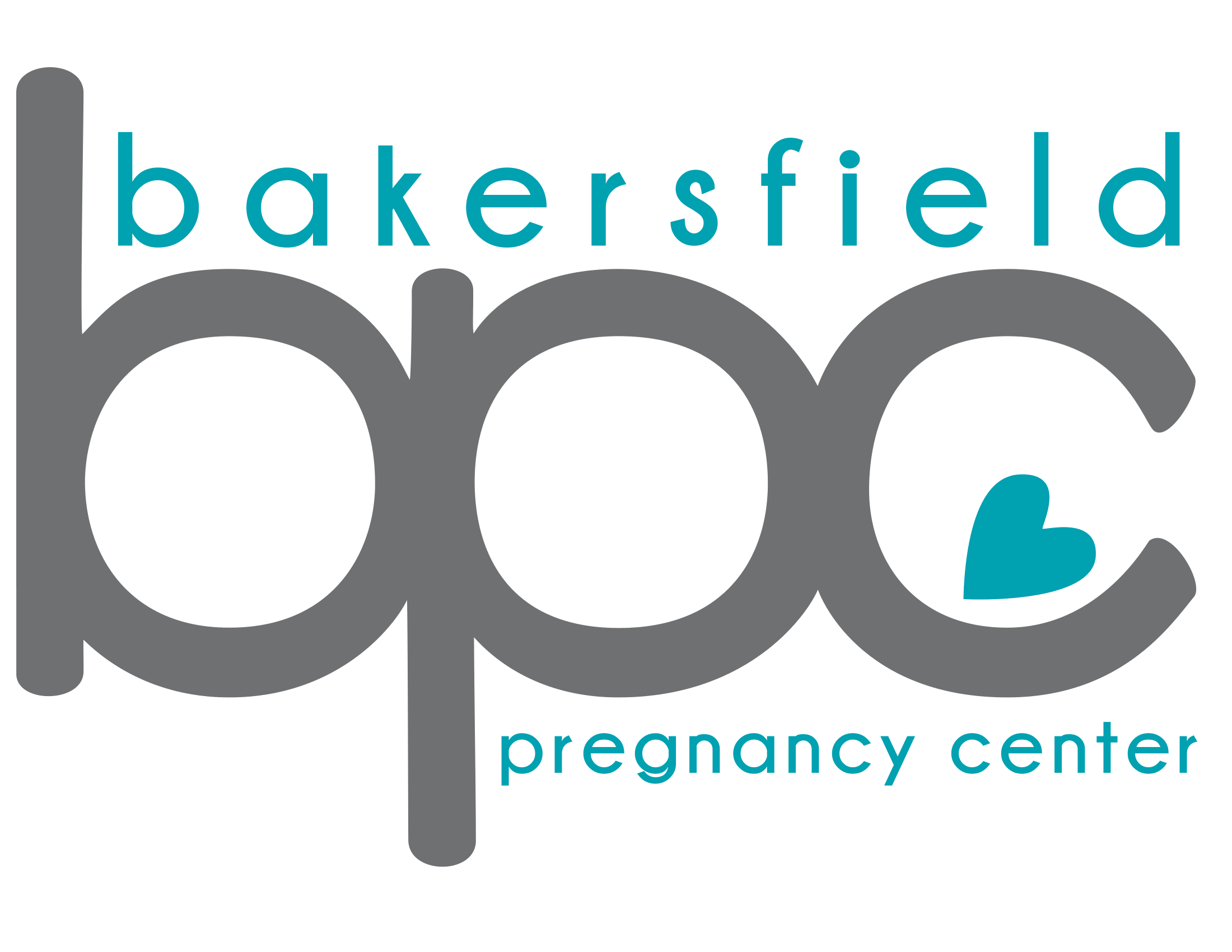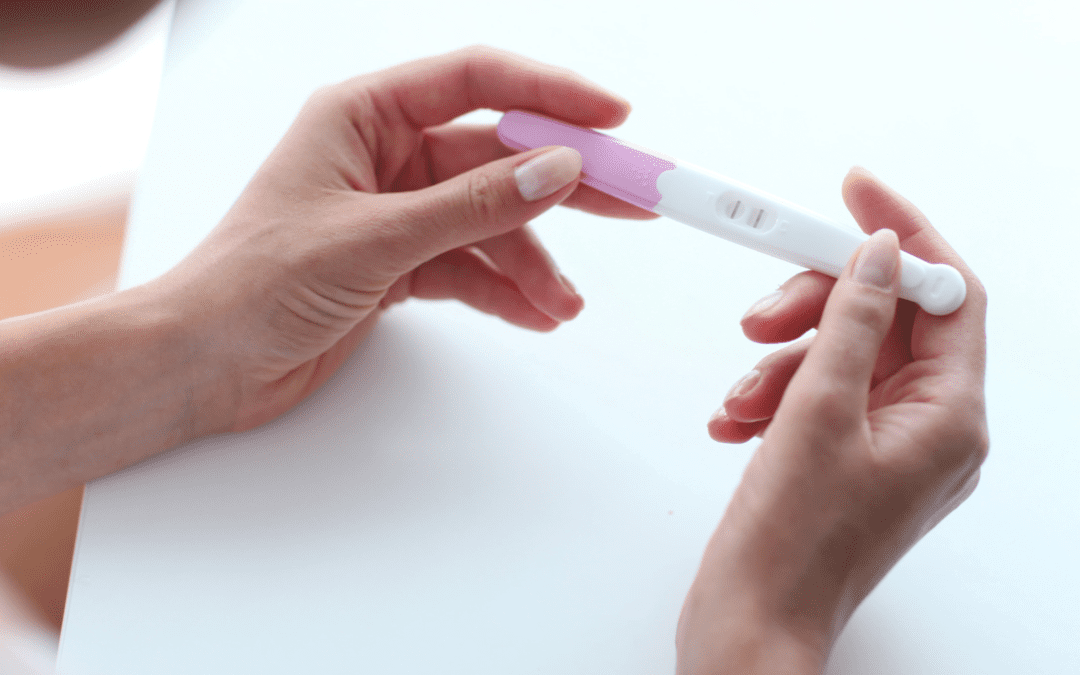A chemical pregnancy can leave you with a lot of questions and emotions. What causes it? Did I miss the signs and symptoms? Can I get pregnant again after a chemical pregnancy?
You don’t have to process your thoughts and feelings on your own. Bakersfield Pregnancy Center is here to answer your questions and provide the care you deserve. Keep reading to learn more about chemical pregnancy and where you can find support after experiencing one.
What is a Chemical Pregnancy?
A chemical pregnancy is an early miscarriage that occurs within the first five weeks of pregnancy. The embryo does form and can implant into the lining of the uterus, but then it stops developing and is eventually miscarried. Chemical pregnancies occur so early that many don’t even realize it’s happened[1].
The name “chemical pregnancy” comes from the hormones in your body that cause a positive pregnancy test. Within those first five weeks, the embryo will cause your body to produce a hormone called human chorionic gonadotrophic (or hCG). This is the first indication that you’re pregnant, as it’s too early to experience any other pregnancy symptoms. However, once the embryo stops developing, your hCG levels drop[1].
What are the Symptoms of Chemical Pregnancy?
The only way to know for sure whether you’re experiencing a chemical pregnancy is to take a pregnancy test[1]. However, some common symptoms of chemical pregnancy include[1]:
- A positive pregnancy test without the normal signs of early pregnancy
- An unusually heavy period with more painful cramps
- Your period comes about a week later than normal
- A positive pregnancy test, followed by your period.
- A positive pregnancy test, followed by a negative pregnancy test a few weeks later
What Causes Chemical Pregnancy?
No one knows exactly what causes chemical pregnancy. Healthcare experts believe that sometimes it could be a problem in the embryo’s DNA or genetic makeup. Other times, the embryo can’t implant into the uterus properly and stops growing. Therefore, your hCG levels drop and your next pregnancy test comes back negative[1].
How Common Are Chemical Pregnancies?
Unfortunately, chemical pregnancies are very common. About a quarter of pregnancies naturally end in miscarriage before the first twenty weeks, about 80% of which happen very early[1]. Many women experience a miscarriage without even realizing it[1].
You are more likely to experience a chemical pregnancy if[1]:
- You have an STI
- You have a thyroid disorder, polycystic ovarian syndrome (PCOS), or diabetes
- You have an atypically-shaped uterus
- Your hormone levels are too high or low
- You’re 35 or older
Can You Get Pregnant After a Chemical Pregnancy?
Having one chemical pregnancy does not mean that you won’t be able to have healthy pregnancies in the future. In fact, many women who have had chemical pregnancies are able to carry future pregnancies to term with no issues[1]. However, if you have repeated chemical pregnancies, you may need to speak to a fertility specialist[1].
Miscarriage Counseling in Bakersfield, CA
After a chemical pregnancy, you may feel all kinds of emotions. Some women feel relieved, as they weren’t ready to have children. Others were ready for children and consider their chemical pregnancy a deep loss.
You don’t have to walk through your experience alone. If you need a safe place to process your feelings or simply ask questions, please contact Bakersfield Pregnancy Center. We offer miscarriage counseling, so you can find hope, healing, and a community that cares for you after a chemical pregnancy. Schedule your appointment online today!
Sources
- Chemical Pregnancy: Causes, Symptoms & Treatment. Cleveland Clinic. (2021, December 11).https://my.clevelandclinic.org/health/diseases/22188-chemical-pregnancy#management-and-treatment

